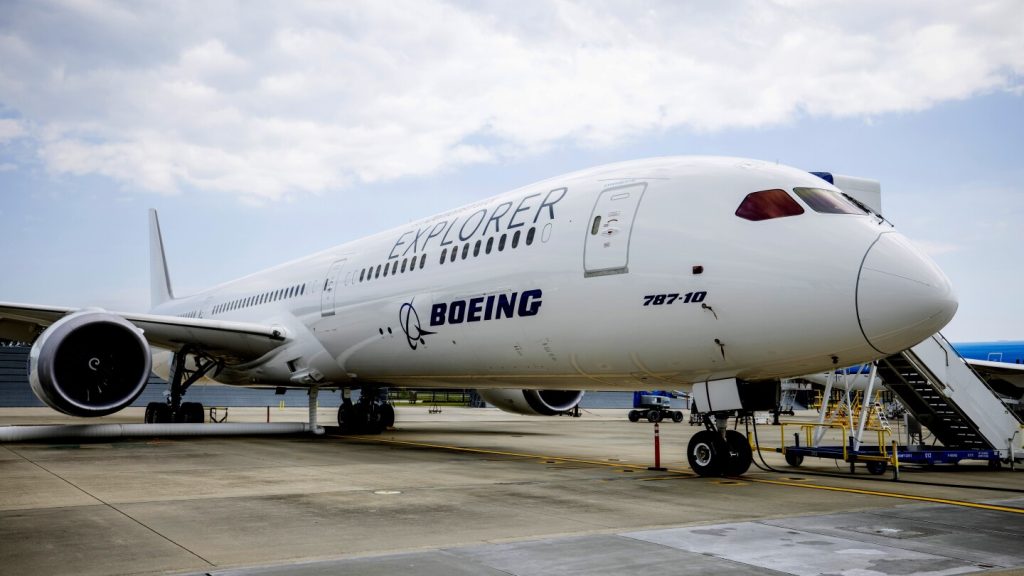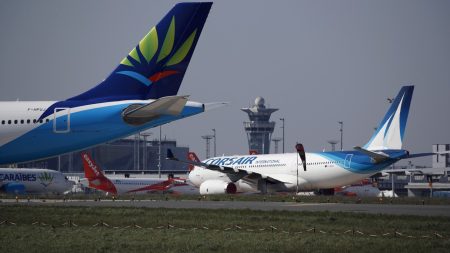The Federal Aviation Administration (FAA) has launched an investigation into Boeing after the company reported that workers at a South Carolina plant falsified inspection records on certain 787 planes. Boeing stated that the misconduct did not pose an immediate safety risk, but it has taken swift and serious corrective action with multiple employees. No planes have been grounded as a result of the falsified records, but performing required tests out of order will slow down the delivery of jets still being built at the final assembly plant in North Charleston, South Carolina.
The 787 planes are two-aisle aircraft primarily used for long international flights. The FAA announced that Boeing had voluntarily disclosed that it may not have completed required inspections to confirm adequate bonding and grounding where the wings join the fuselage on certain 787 Dreamliner airplanes. The agency is looking into whether Boeing completed the inspections and whether company employees may have falsified aircraft records. Boeing must develop a plan to address planes that are already in operation to ensure safety.
Boeing has been facing increased scrutiny following a series of incidents, including a door plug blowing out of a Boeing 737 Max during an Alaska Airlines flight earlier this year, which resulted in a gaping hole in the plane. This incident halted the progress Boeing was making in recovering from two deadly crashes of Max jets in 2018 and 2019 that claimed the lives of 346 people. The families of some of the crash victims have urged the Justice Department to revive a criminal fraud charge against Boeing, alleging that the company’s ongoing lapses violated the terms of a 2021 deferred prosecution agreement.
In April, a Boeing whistleblower named Sam Salehpour testified at a congressional hearing that the company had taken manufacturing shortcuts to speed up the production of the 787 planes. Salehpour’s allegations were not directly related to the ones disclosed to the FAA, but they raised concerns about safety and compliance within the company. Boeing rejected Salehpour’s claims and emphasized the importance of employees speaking up when they see something that may not be right or requires attention. The company praised the worker who reported the irregularity in the required test of the wing-to-body join, highlighting the significance of transparency and accountability in maintaining aircraft safety.
The investigation into Boeing by the FAA comes at a challenging time for the company, which has been working to regain trust and credibility following the Max jet crashes and other incidents. Boeing’s reputation has been significantly impacted, and the recent revelations of falsified inspection records further add to the scrutiny facing the company. The FAA’s inquiry will shed light on the extent of the misconduct at the South Carolina plant and determine the necessary corrective actions to ensure the safety of Boeing’s aircraft. Boeing’s response to this investigation and its commitment to addressing these issues will be closely monitored by regulators, customers, and the public to maintain confidence in the safety and reliability of its aircraft.














